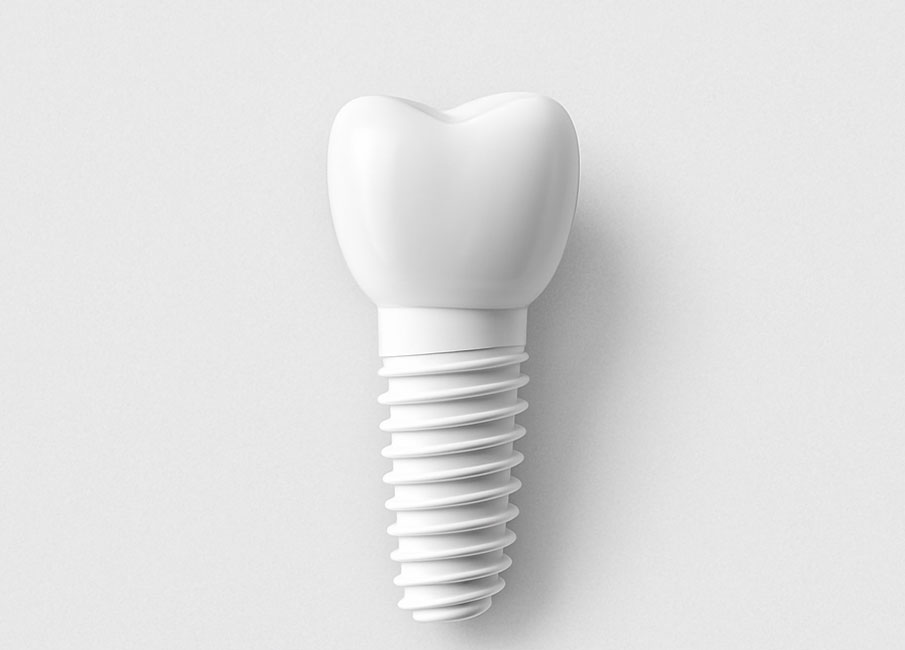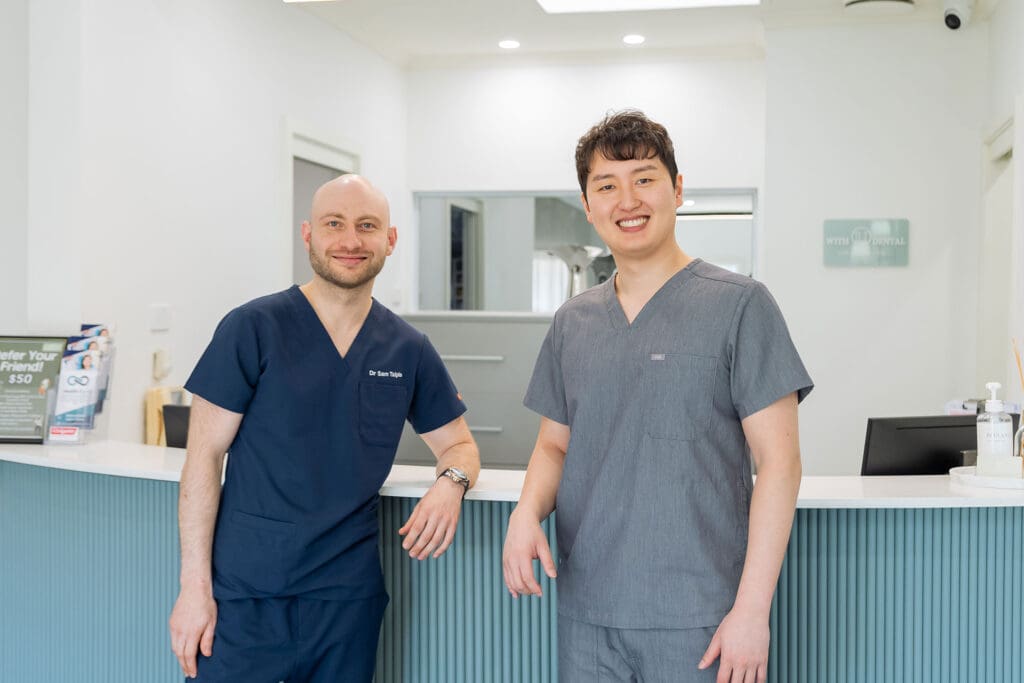Vitamin D & Dental Implants
Vitamin D & Dental Implants
A Clinical Guide for Naturopaths and Integrative Practitioners
Introduction
As a wellness-aligned practitioner, you understand that successful outcomes often depend on nutritional optimisation, not just the procedure itself.
One under-recognised factor with a measurable impact on dental implant success is maintaining optimal vitamin D levels.
This guide explores how vitamin D supports osseointegration, bone metabolism, and inflammatory balance, particularly in patients receiving metal-free ceramic (zirconia) implants. It’s intended to support collaborative care and help your patients prepare for successful, biologically aligned treatment.
Vitamin D and Bone Physiology
Vitamin D plays a central role in skeletal function and is especially important when bone healing is involved.
It supports:
Calcium absorption and bone mineralisation
Osteoblast activation (bone-forming cells)
Bone density and quality in areas where implants will integrate
“Vitamin D deficiency may impair healing and increase risk of implant failure due to compromised osseointegration.”
— Journal of Implant Dentistry, 2022
For patients receiving zirconia implants, where both biocompatibility and structural integration are key, vitamin D levels can be a critical modifiable factor.

Vitamin D and Inflammatory Response
Beyond skeletal function, vitamin D also supports post-surgical healing by modulating immune function.
Benefits include:
Supporting a regulated inflammatory response after surgery
Helping reduce chronic inflammation around the implant site
Contributing to a balanced oral microbiome
This is especially relevant for patients with:
Autoimmune presentations
Low-grade systemic inflammation
Digestive challenges affecting nutrient absorption
Osseointegration and Surgical Success
Osseointegration is the biological process where an implant integrates with surrounding bone. This determines:
The long-term stability of the implant
The risk of micromovement or failure
How soon the implant can be restored with a crown
Maintaining healthy vitamin D levels may support:
Bone metabolism and remodelling
Calcium incorporation in the healing site
Balanced bone turnover post-surgery
Inadequate vitamin D may compromise these mechanisms—even when using high-quality materials like zirconia.

How Practitioners Can Support Implant Preparation
As a naturopath, kinesiologist, integrative dentist, or allied wellness practitioner, you can help patients prepare for their implant journey through nutritional optimisation and coordinated care.
1. Nutritional Assessment Before Implant Surgery
Recommend or coordinate a serum 25(OH)D test
Consider broader bone-related markers (e.g. calcium, phosphorus, PTH)
Aim for serum levels between 75–100 nmol/L (30–40 ng/mL) prior to implant placement, depending on the individual’s health profile
2. Supplementation (If Required)
- Vitamin D3 (cholecalciferol) is commonly used to support optimal levels before implant placement
- May be paired with vitamin K2 to assist with calcium metabolism and bone health
- Dosage should be based on test results and adjusted per patient needs
3. Lifestyle and Diet
- Encourage safe sun exposure where appropriate
- Highlight food sources such as oily fish, egg yolks, and fortified foods
- Support gut health, as it can impact nutrient absorption and conversion
Ceramic Implants and Wellness-Focused Patients
At Ceramic Implant Centre, we work closely with patients who are supported by naturopaths and integrative health professionals. Many of them:
- Are managing chronic fatigue, immune dysregulation, or long-term sensitivities
- Are conscious of material compatibility and prefer metal-free solutions
- Appreciate a treatment approach that respects their whole-body wellness goals
Optimising vitamin D levels supports:
- Biological readiness for surgery
- Stronger osseointegration
- Smoother, inflammation-aware recovery
With patient consent, we’re always happy to collaborate with referring practitioners to ensure alignment and continuity of care.
Practitioner FAQs
Not universally, but it’s recommended for patients with known or suspected deficiencies, fatigue, autoimmune presentations, or low sun exposure.
It’s equally important for both, but patients pursuing ceramic solutions often value a more thorough, proactive preparation.
Yes—if bone healing is likely to be impaired, we may advise correcting vitamin D before proceeding.
We don’t conduct testing in-house, but we regularly coordinate with referring practitioners and GPs to support shared care.
Final Thoughts
Vitamin D is a simple, powerful modifiable factor that can improve implant outcomes—especially in patients seeking wellness-aligned, biocompatible care.
By incorporating vitamin D assessment and support into your patient plans, you’re not only improving implant readiness—you’re contributing to long-term, integrative oral health outcomes.
Want to refer a patient or request a practitioner info kit?
We’re here to support you.
Are you ready to restore your smile?
When you choose us, you’re also choosing the peace of mind that comes with selecting a premier dental clinic that believes in a comprehensive approach to implant dentistry.

